Even before the war, the Ukrainian local press barely survived in competition with online publications and social networks, and today found itself on the verge of extinction. Such a situation is worsened by the critical state the postal delivery of newspapers is in.
This was discussed at a meeting dedicated to the challenges Ukrainian media face during the war with russia. The event took place in the town of masters of the National Museum of Hutsul Region and Pokuttia, named after Y. Kobrynskyi in Kolomyia, Ivano-Frankivsk Region.
The President of the NUJU, Sergiy Tomilenko; NUJU Secretary/Executive Secretary of the Ivano-Frankivsk regional organization of the NUJU/coordinator of the Journalists’ Solidarity Center (JSC), Viktoriya Plakhta; Ivano-Frankivsk Regional Council member Orysia Knyshuk; heads of the Chernivtsi and Kolomyia journalistic communities Volodymyr Bober and Valentyna Blyzniuk; first deputy head of the Kolomyia District State Administration, Liubov Mykhailyshyn; journalists from Kolomyia, representatives of the public gathered to discuss problems related to the future of Ukrainian print media.
… It seems like yesterday, the editors of Prykarpattia newspapers and the President of the NUJU, Sergiy Tomilenko, debated about mass media reform, denationalization, and the prospects of Ukrainian journalism in the newsroom of the Vilnyi Holos newspaper. Who would have thought back then that seven years later, during the full-scale invasion of the ruscists [russian soldiers], we would discuss issues related to the economic sustainability of local media, the possibilities of survival and transformation of the mass media in the conditions of the russian-Ukrainian war?
In the digital world, it is not easy for print media to stay in the information space. But for a number of audiences, the printed press, as before, remains the primary source of local information.
The head of the NUJU, Sergiy Tomilenko, emphasized the importance of supporting local media, in particular, print media. He spoke about the support provided by the NUJU to newsrooms in the frontline and de-occupied territories, the effective network of JSCs, which have become a reliable shoulder for displaced colleagues, and showed the newspapers published thanks to NUJU‘s assistance.
“Since the beginning of the full-scale russian invasion, the NUJU has been trying to support colleagues working in local newspapers as much as possible and is looking for opportunities for them to be supported by international financial donors. This is important for the development of the Ukrainian information space as local publications have the greatest trust among people,” notes Sergiy Tomilenko.
Valentyna Blyzniuk, the editor of the only newspaper in Kolomyia, Vilnyi Holos, noted that, despite all the current troubles, thanks to the logistics established by the newsroom, the Kolomyia newspaper is read on the front lines, in shelters for displaced people, in a military hospital, a volunteer center. The edition is kept in the National Libraries named after Vernadskyi and Yaroslav The Wise. The latest history of Ukraine is recorded in newspaper publications. The Vilnyi Holos newspaper decently keeps the information front and strives to record all the most important events so that no one dares to rewrite Ukrainian history ever again. The editors are doing everything possible to ensure that Ukraine not only wins this war but also comes out of it with the democratic values we are all defending now, each of us on our own front.
Unfortunately, all the efforts of the editors are nullified by the destruction of the newspaper delivery system as a result of the reformation of the Ukrposhta state postal service and the transition to mobile communications offices. That is why readers’ complaints became more frequent. The newspaper is not delivered on time, or even not delivered at all. For their favorite newspaper, subscribers have to walk several kilometers to the center of the village, where the mail car stops and this is not something that all elderly people can do. Therefore, the critical threat to the only printed informational newspaper in the region, Vilnyi Holos, is not new technologies or digitalization but merely poor-quality postal delivery…
Regional council member Orysia Knyshuk, who herself reads the newspaper and, as a patron, subscribes to the publication for other regions, noted:
“Problems with the delivery of press by Ukrposhta have been felt for a long time. At best, the mail delivered all four issues once a month. There are many respective cases documented and complaints received from people. That is why they initiated an appeal from the Ivano-Frankivsk Regional Council to the country’s leadership regarding the resolution of the critical situation with Ukrainians not having access to postal delivery of newspapers due to the mass closure of Ukrposhta branches and the dismissal of mail carriers. It is important to ensure the stability of not only national broadcasting but also local media…”
“If we lose the only informative newspaper in Kolomyia, it will be a shame for all of us. I myself read Vilnyi Holos from the first to the last page. I’d like to note that the content is of high quality. The newspaper makes a great contribution to national and patriotic education. I am sure that the time will come when Ukrainian history will be written on the basis of such newspapers as Vilnyi Holos,” emphasized the director of the Kolomyia Vocational Pedagogical College/member of the NUJU, Valerii Kovtun.
NUJU member Olha Harasimiyuk from the Kosiv district spoke inspiringly about volunteer trips to the front lines. She promised to open her own newspaper after the victory.
Volodymyr Bober, a guest from Chernivtsi, and Hanna Skoropaniuk, the editor of the Sniatyn newspaper Zakhid, shared their opinions on the problems of local media and ways to overcome them.
Journalists Valentyna Blyzniuk and Nataliya Sandetska received Certificates of Appreciation for their work.
Sergiy Tomilenko awarded Valentyna Blyzniuk with an honorary certificate from the NUJU Secretariat for her significant contribution to the development of Ukrainian journalism and active participation in the life of the Ivano-Frankivsk regional organization of the Union. The biggest surprise was a gift from the NUJU – a printer for Vilnyi Holos, which was aid from Polish colleagues.
The support of the Union is felt in everything. Even the fact that such an urgent problem for local media is being discussed locally.
Another pleasant moment of the meeting was the replenishment of the NUJU organization in Kolomyia: the General Director of the National Museum of Hutsul Region and Pokuttia named after Y. Kobrynskyi/Honored Worker of Culture of Ukraine, Yaroslava Tkachuk, and the head of the Easter Egg Painting Museum, Oksana Yasinska, joined the ranks of the Union. Sergiy Tomilenko handed out press cards to the new members of the Union.
Also, the President of the NUJU met with the teams of the Verkhovynski Visti newspaper and radio stations of Hutsulska Stolytsia 107.4 FM (Verkhovyna) and Hutsulskiy Krai (Kosiv); visited the Vorokhta Territorial Community, which is headed by the secretary of the regional organization of the Union, Oleh Dzemiyuk. Meetings were also held at RAI TV and radio company, Halychyna OTB, Nova Zoria publishing house, and Dzvony radio in Ivano-Frankivsk.
We must all remember: the decline, destruction, and reduction of Ukrainian publications pierces the informational armor of the state. Let’s not forget that “fire disguised as words,” according to the expression of Ivan Franko, can bring no less benefit in countering military aggression and victory than the power of weapons and the skill of the military.
Call the Ivano-Frankivsk JSC at 066 677 0726 (Viktoriya Plakhta, the coordinator of the Ivano-Frankivsk JSC). The Center’s address is 25 Sichovykh Striltsiv Street.
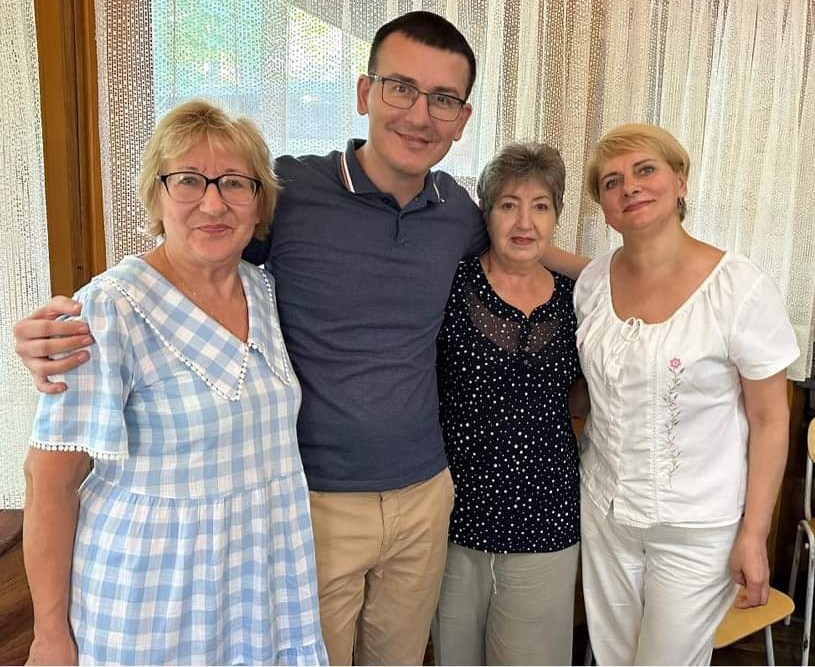
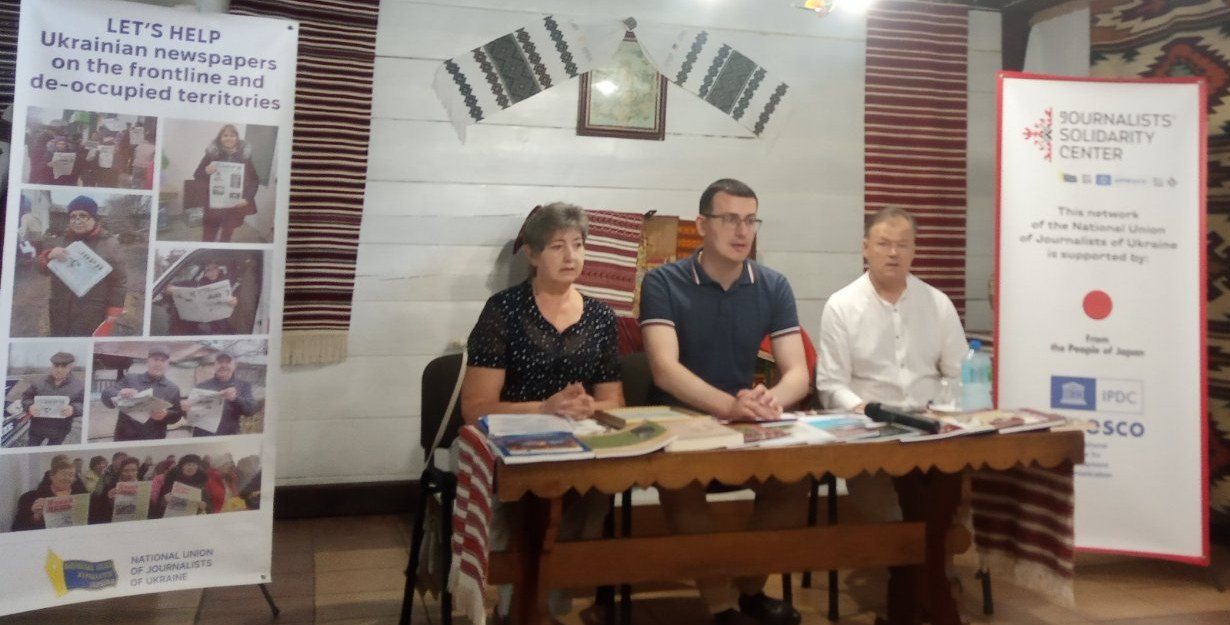
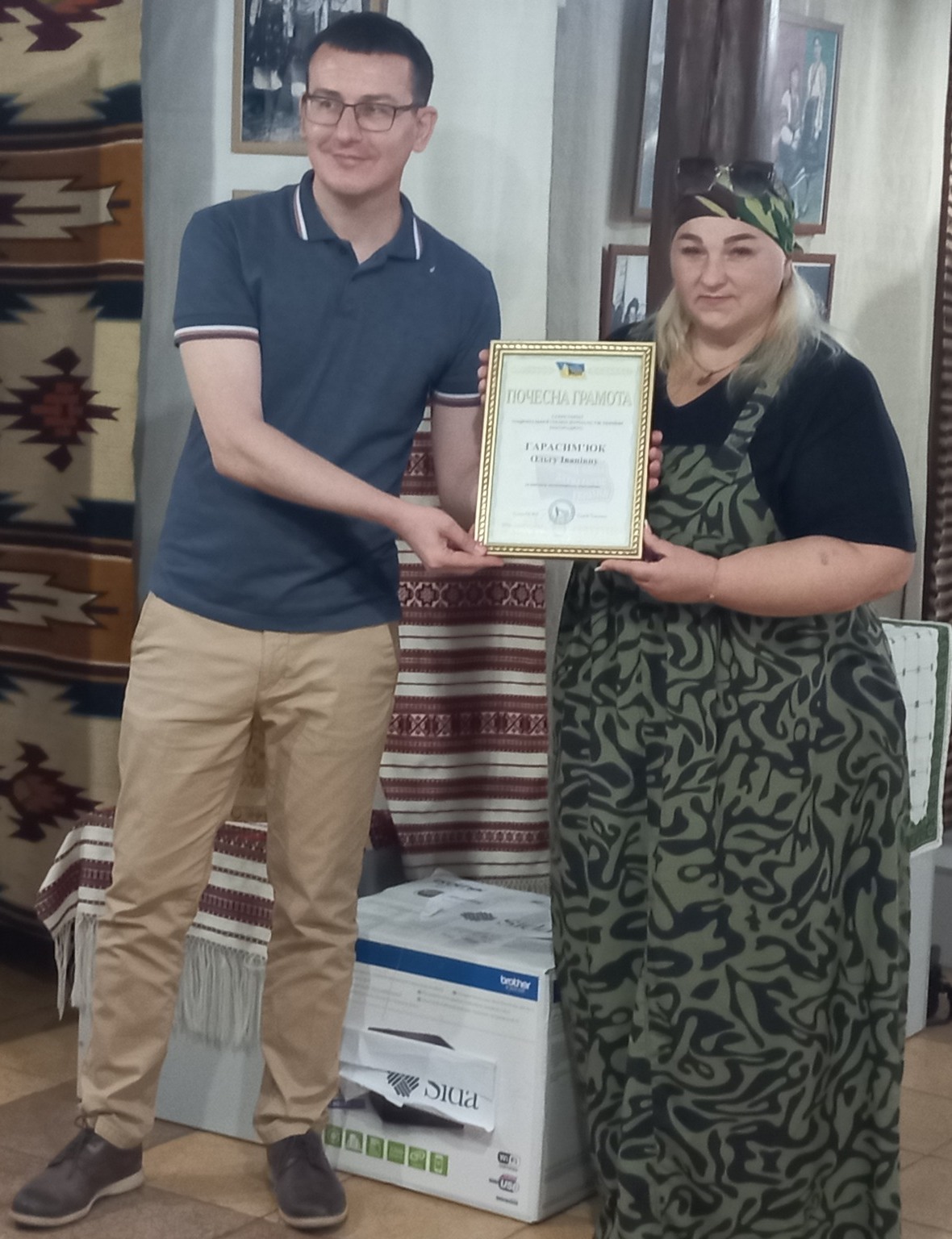
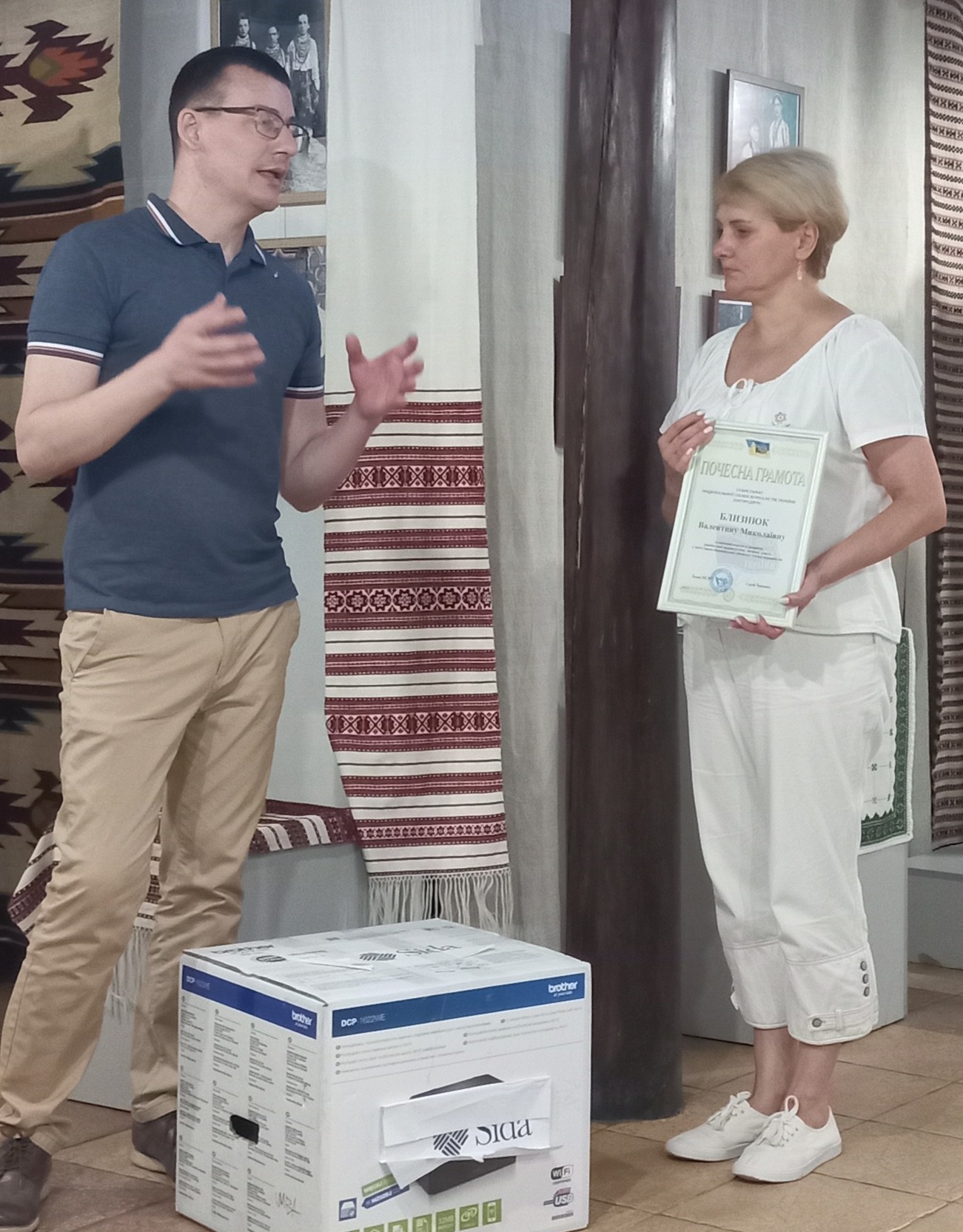
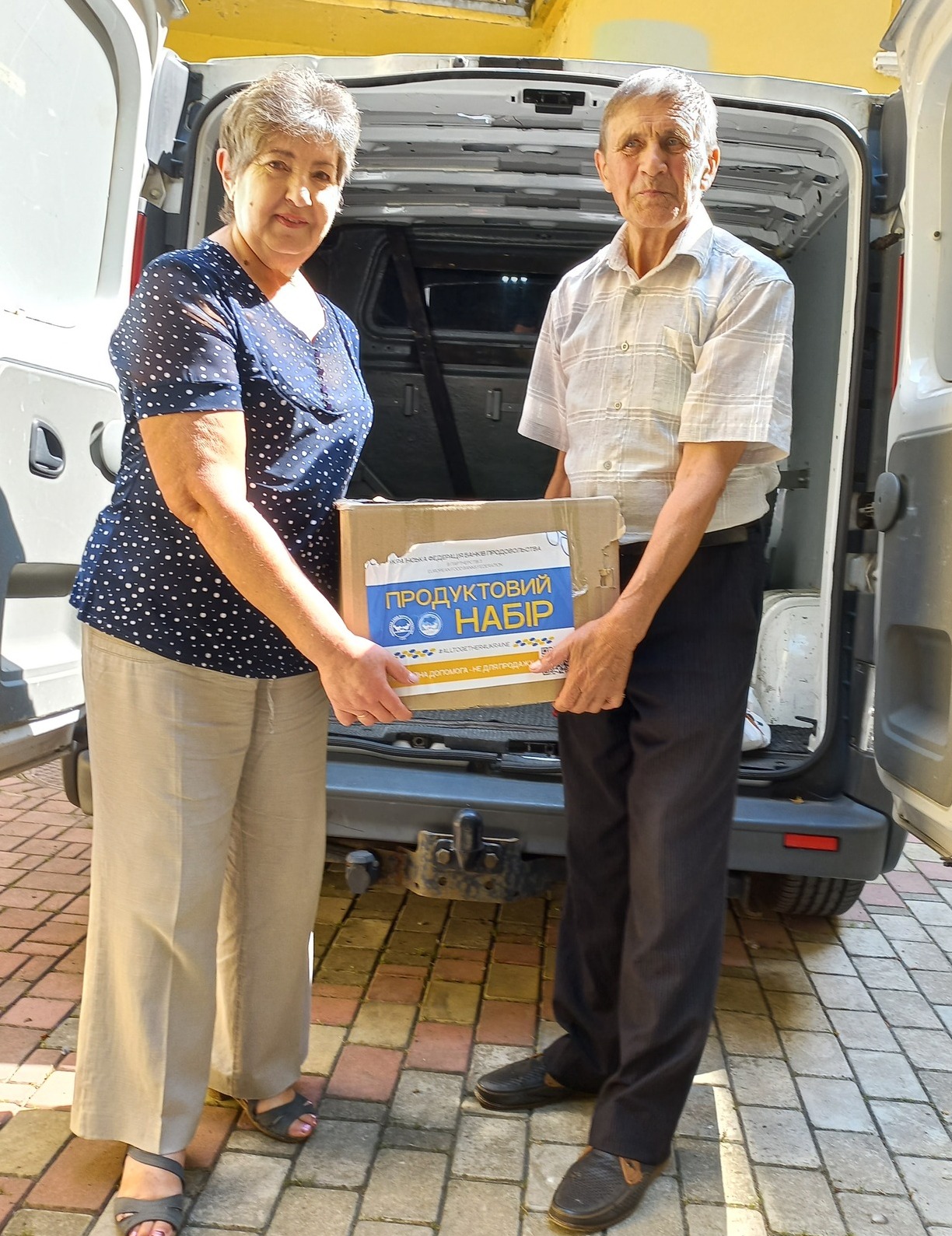
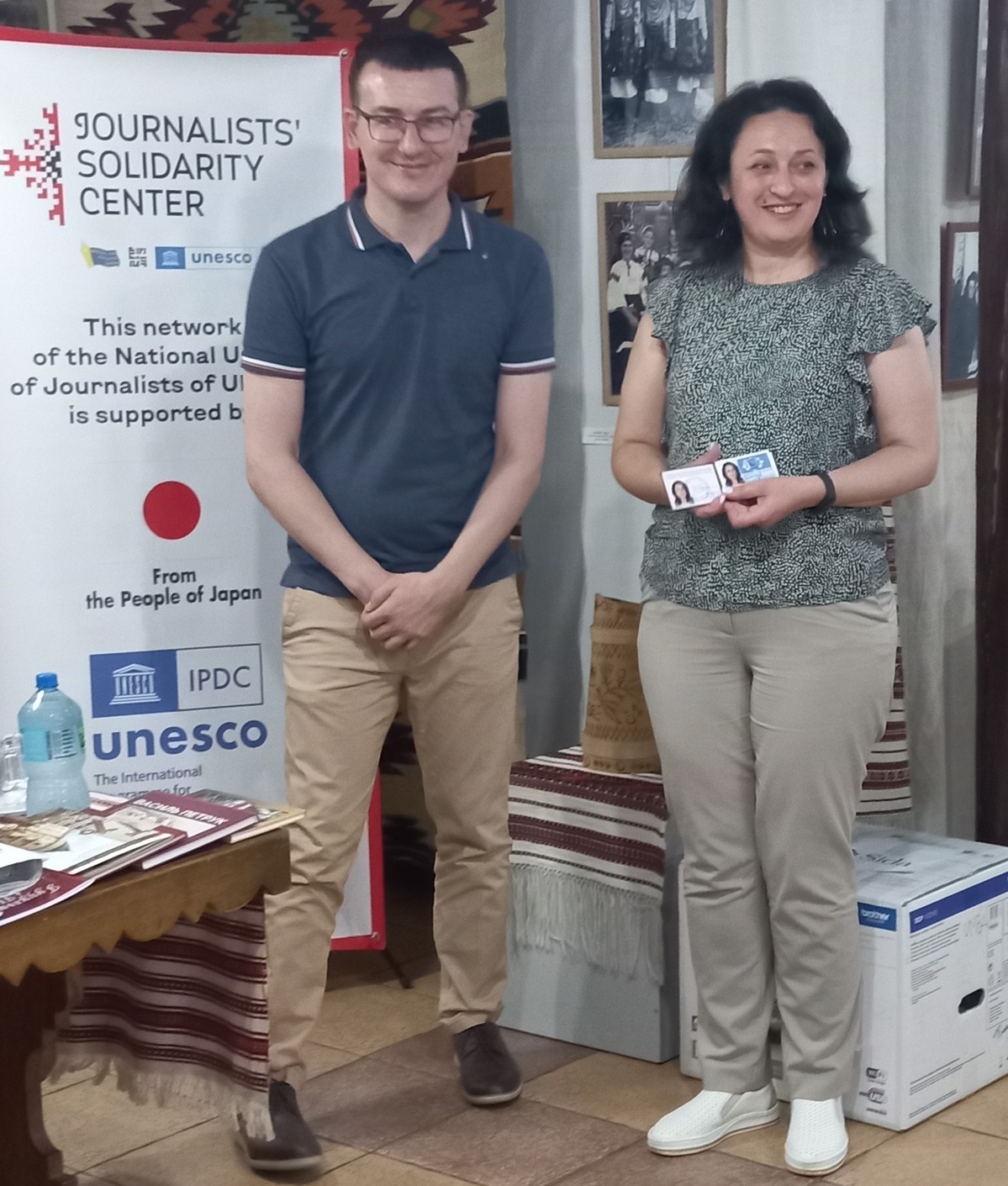
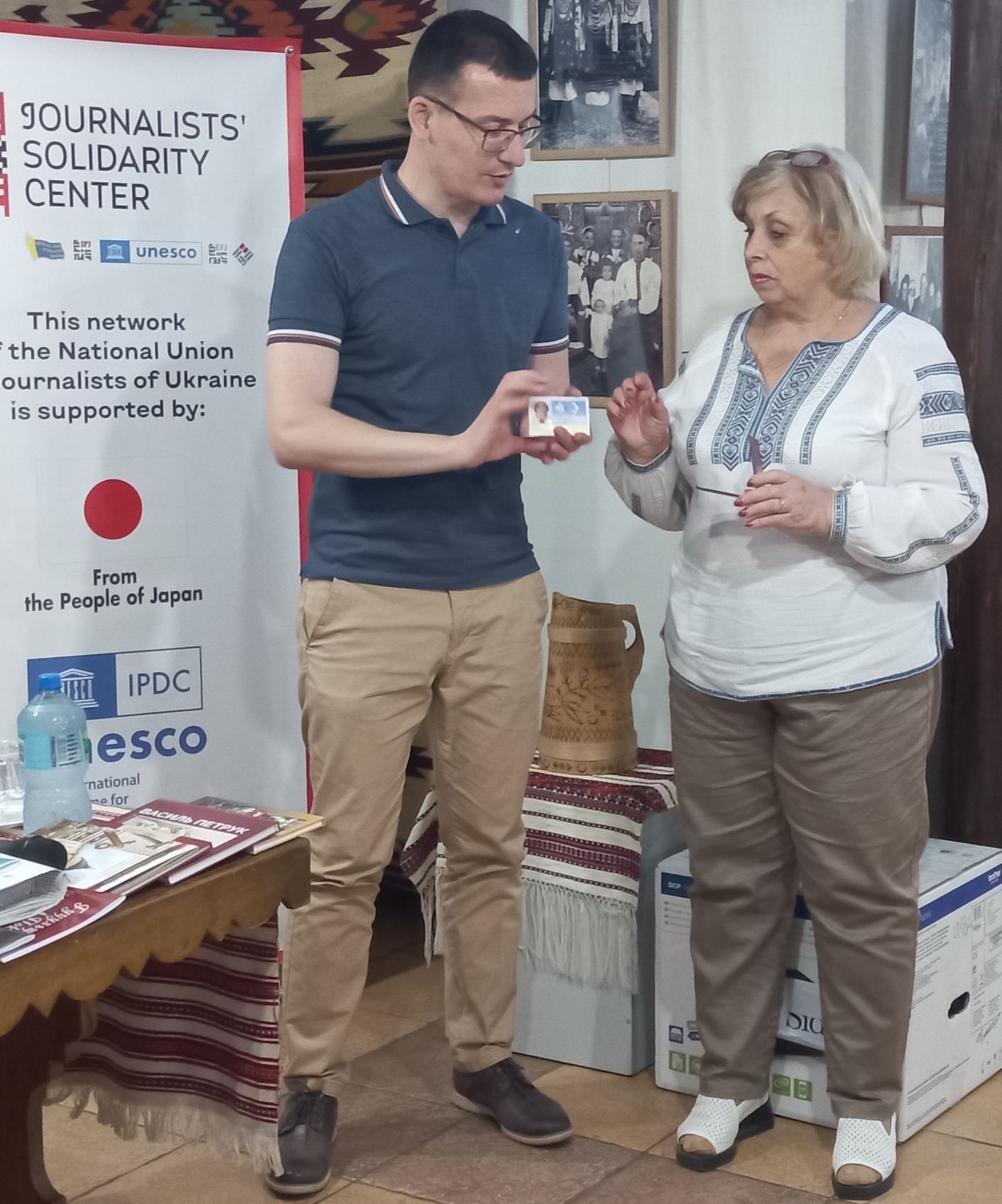
ABOUT JSC
The Journalists’ Solidarity Centers is an initiative of the NUJU implemented with the support of the International and European Federations of Journalists and UNESCO. The initiative is designated to help media representatives working in Ukraine during the war. The Centers operate in Kyiv, Lviv, Ivano-Frankivsk, Chernivtsi, Zaporizhzhia, and Dnipro and provide journalists with organizational, technical, legal, psychological, and other types of assistance.
ABOUT UNESCO
UNESCO is the United Nations Educational, Scientific, and Cultural Organization. It contributes to peace and security by promoting international cooperation in education, sciences, culture, communication, and information. UNESCO promotes knowledge sharing and the free flow of ideas to accelerate mutual understanding. It is the coordinator of the UN Action Plan on the Safety of Journalists and the Issue of Impunity, which aims to create a free and safe environment for journalists and media workers, thus strengthening peace, democracy, and sustainable development worldwide. UNESCO is working closely with its partner organizations in Ukraine to provide support to journalists on the ground.
The designations employed and the presentation of material throughout this digest do not imply the expression of any opinion whatsoever on the part of UNESCO concerning the legal status of any country, territory, city, or area or its authorities or concerning the delimitation of its frontiers or boundaries.
The authors are responsible for the choice and the presentation of the facts contained in this digest and for the opinions expressed therein, which are not necessarily those of UNESCO and do not commit to the organization.
Valentyna Blyzniuk

 THE NATIONAL UNION OF
JOURNALISTS OF UKRAINE
THE NATIONAL UNION OF
JOURNALISTS OF UKRAINE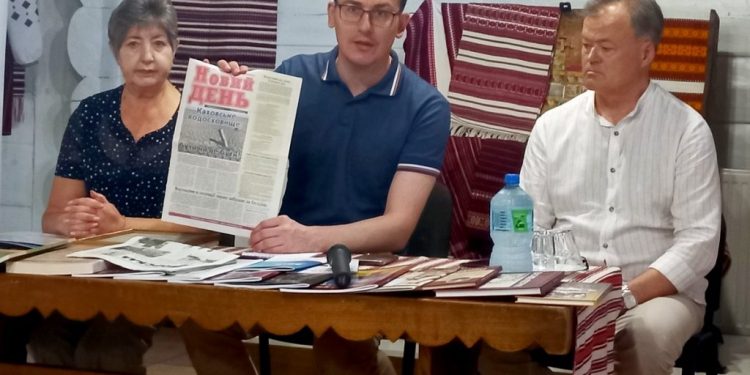
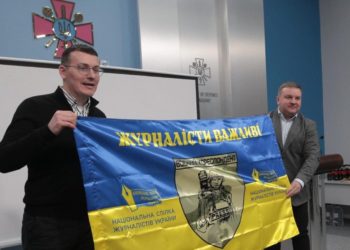
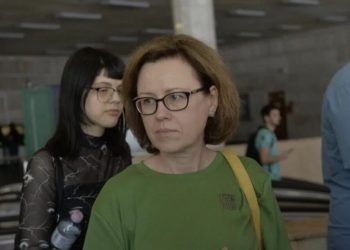
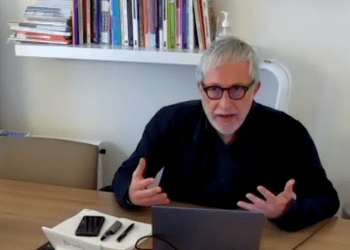













Discussion about this post